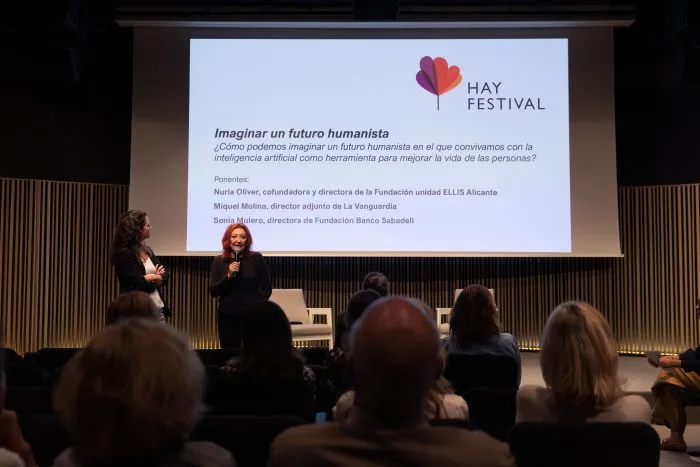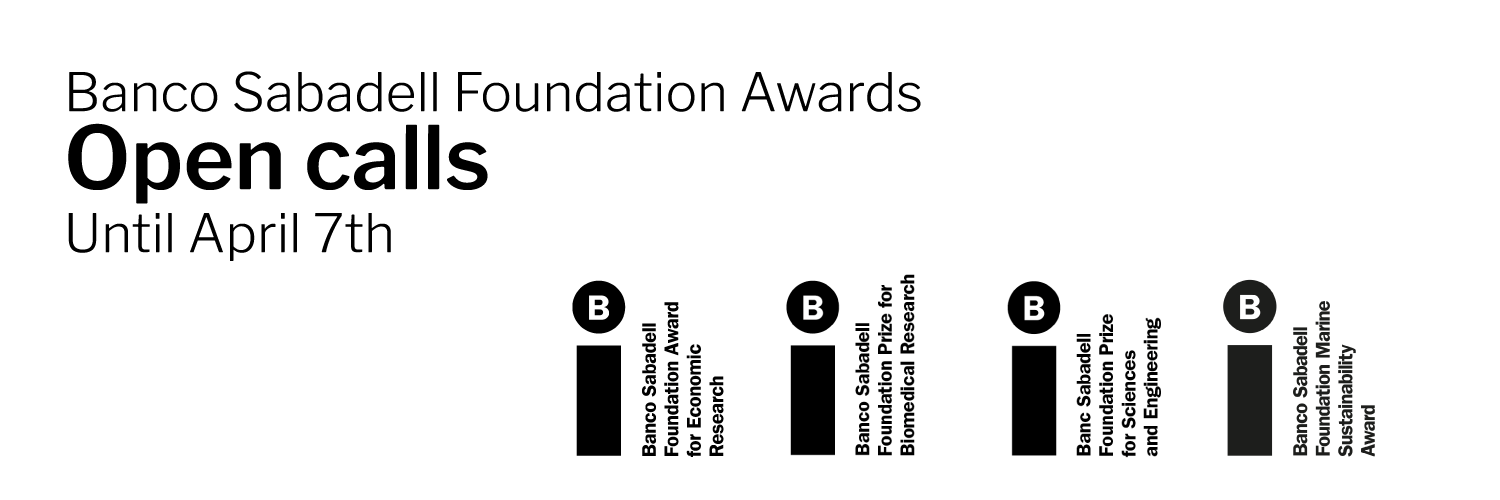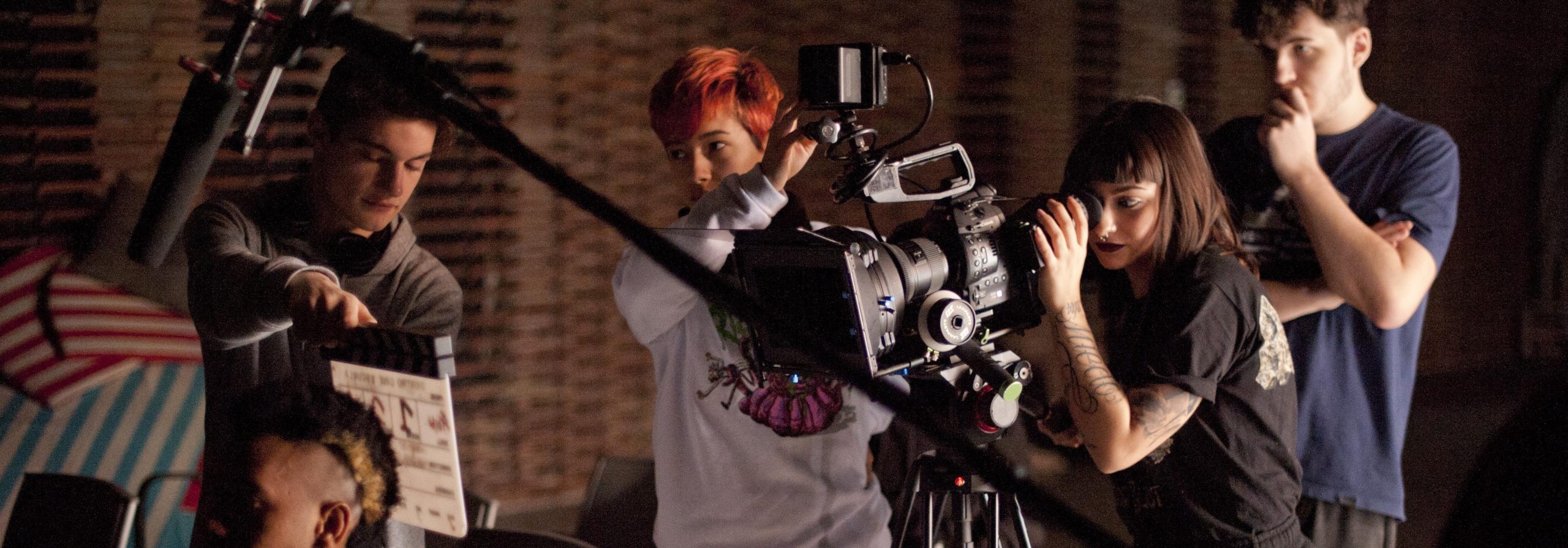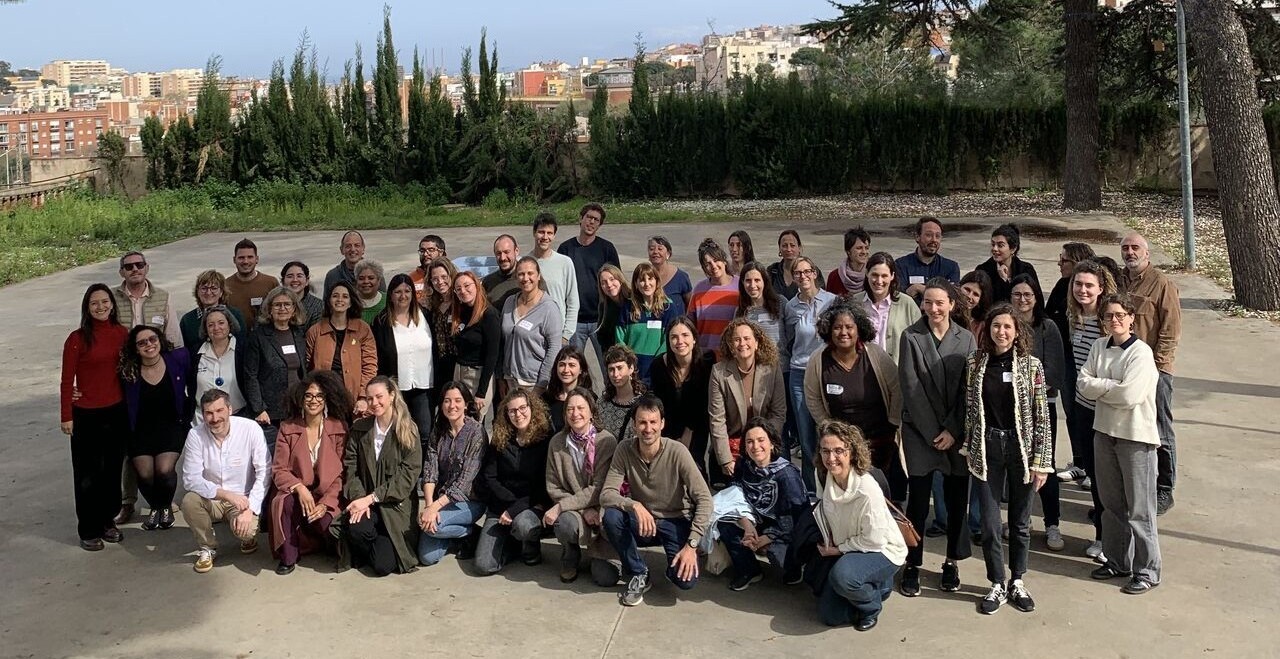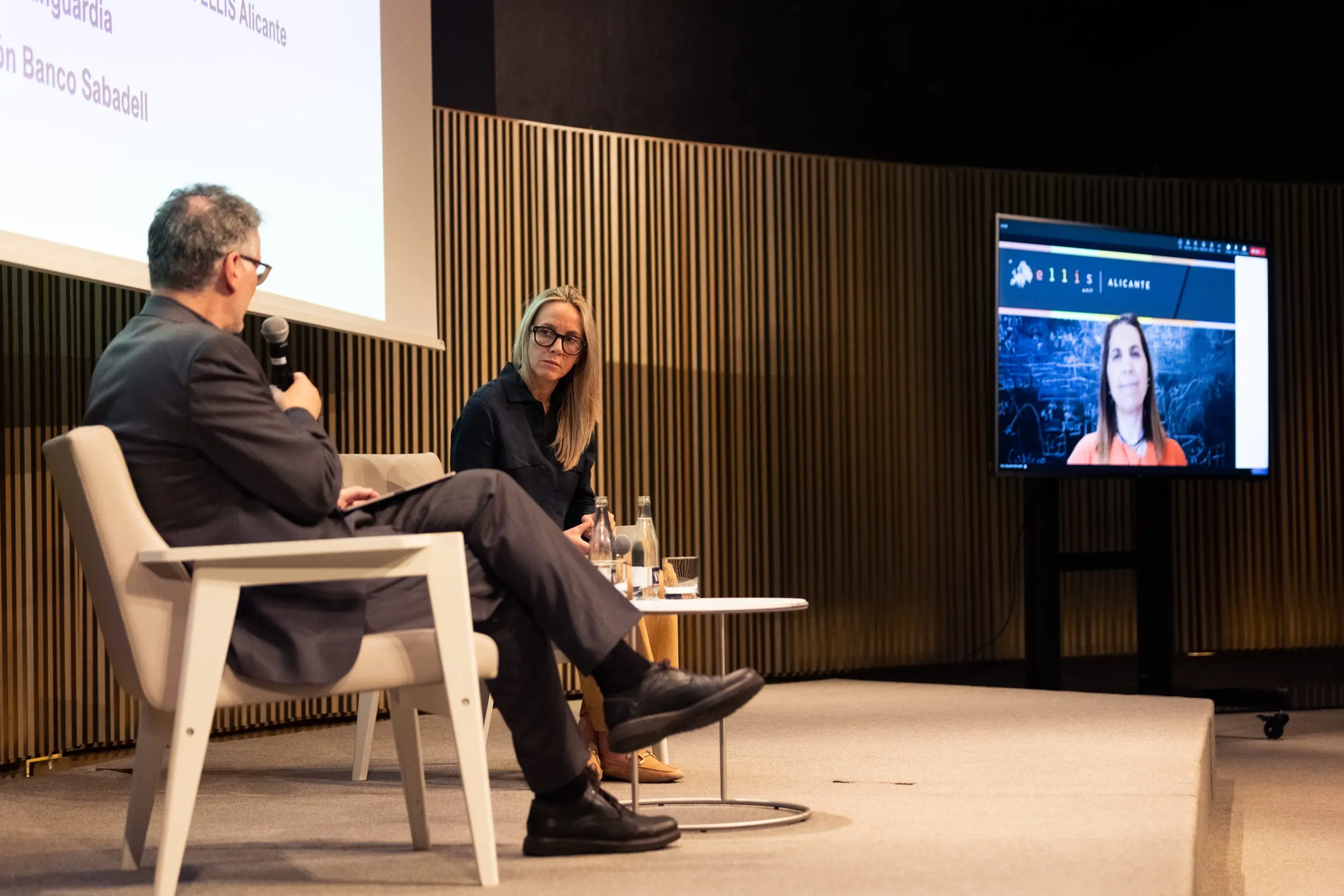
In a future where Artificial Intelligence (AI) will dominate the world as we know it today, certain questions arise: How will power relations be reconfigured? In what way will history be written in this new context? These and other questions were addressed at an event organised by the Hay Festival and the Banco Sabadell Foundation on 8 May at the MACBA auditorium in Barcelona, where a more humanistic future was imagined through literature, the arts, thinking and science.
Participants at the event included Dr Nuria Oliver, co-founder of the ELLIS Unit Alicante and internationally recognised as one of the most prominent researchers in the field of AI, Miquel Molina, journalist and deputy director of the La Vanguardia newspaper, and Sonia Mulero, director of the Banco Sabadell Foundation.
The debate kicked off with the following question put by Sonia Mulero: “What should we do with AI, should we educate or regulate?” Both Oliver and Molina agreed that a combination of the two was necessary. “We need to ensure AI is covered in all fields of education and, just like any other aspect of our society, AI must also be subject to regulations to avoid possible negative consequences,” explained Oliver.
Molina then shared his own point of view from the world of communications: “The growing concern that surrounds AI also represents a challenge for society; us journalists are no longer mere intermediaries, so now we need to offer more specialised products to our audiences”.
During the event, the challenges posed by the democratisation of artificial intelligence were addressed. Oliver reflected on the need to “start from the basic premise that anything we see in digital format could be false; it is essential to consult reputable media to verify the information that we come across”. Molina added that “there should be a similar screening system to the one used, for example, for medicinal products, which are always tested prior to being made available to the general public”.
The need to develop and implement AI in a responsible way was also emphasised, as this will be the key to ensure that human values are respected and to avoid any possible negative impacts on society. Oliver added that, although Europe is not leading the development of AI, it is following an ethical approach to it. Indeed, ELLIS is a European network that focuses on ethical research into AI. “AI should respect European values, based on human wellbeing and focused on people and on humanity. It is not true that all technological developments are positive. We do not want a future in which we need to adapt to a technology that we ourselves invented. It should be the other way around, technology should allow us to develop our full potential” she noted.
“Our critical capacity is what will allow us to beat the machine” was the sentence used by Mulero to conclude the debate.
This event marked the start of a nine-month programme taking place before the 18th edition of the Hay Festival. Sheila Cremaschi, the festival’s director, explained that “We have invented a sort of travelling Hay Festival that stops in several Spanish cities before reaching its final destination in Segovia”. The festival, considered to be one of the biggest events in the world of literature and thinking, will take place in Segovia from 14 to 17 September.
You can also read articles published in La Vanguardia and The New Barcelona Post about the debate.
